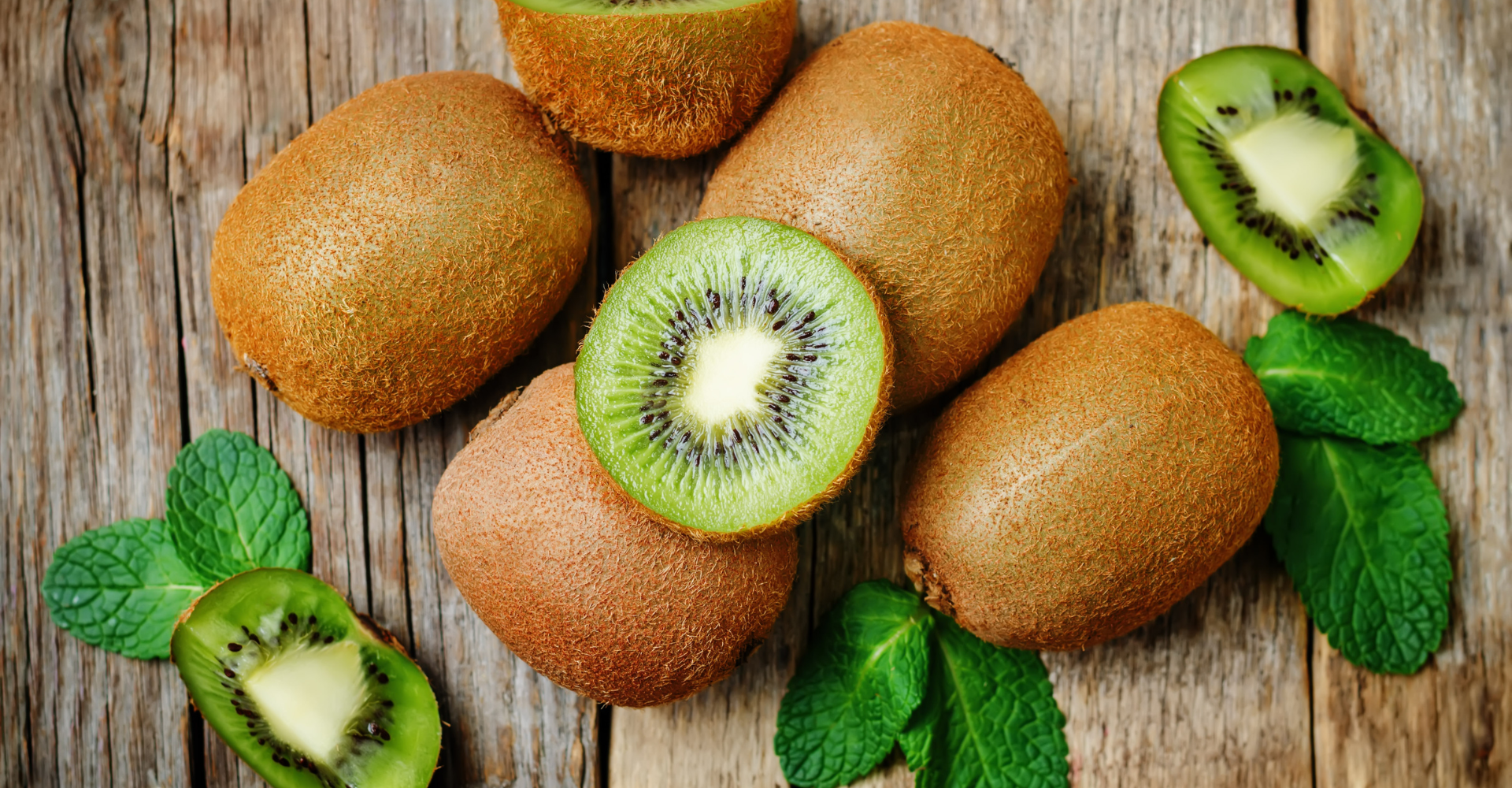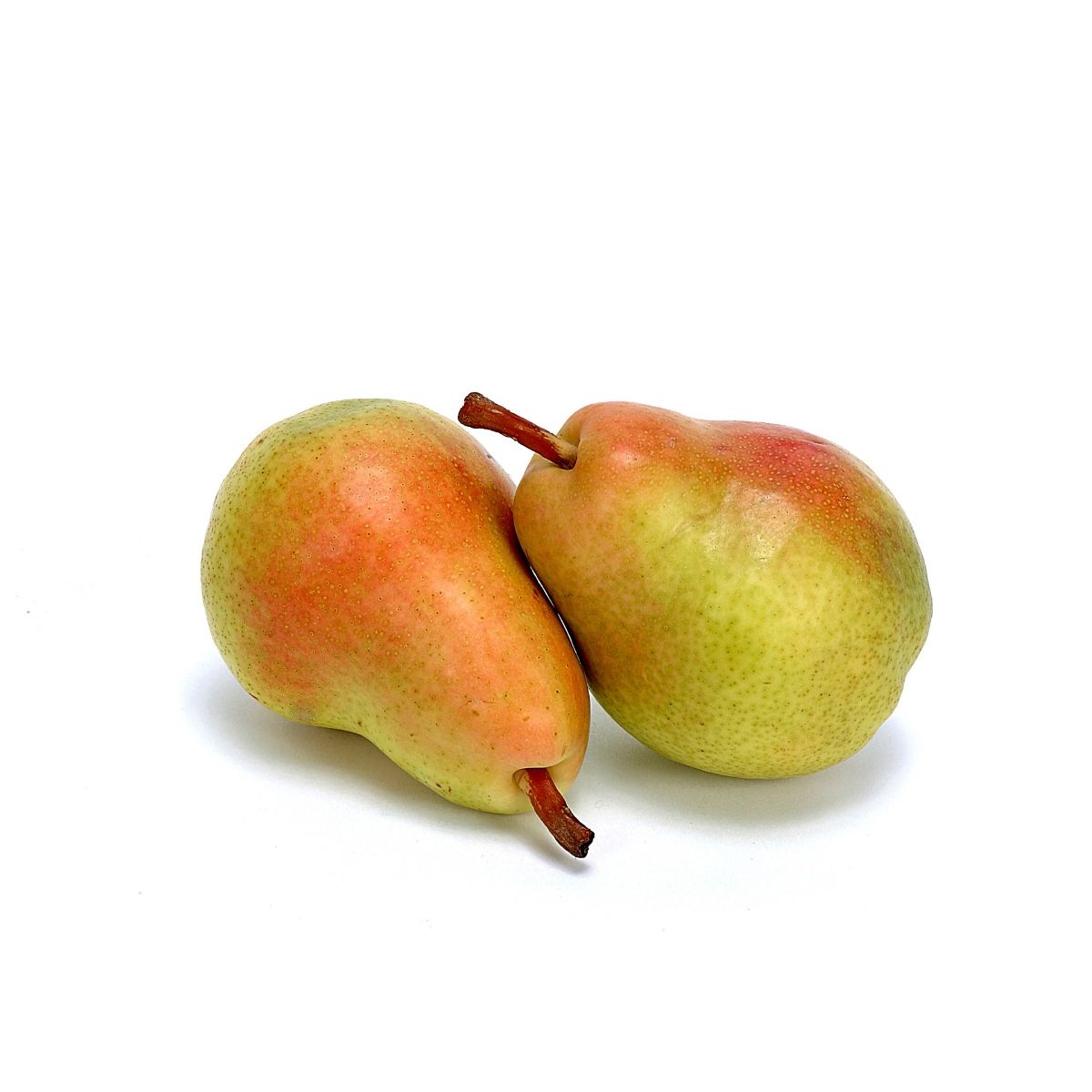
For a better and faster shopping experience, download app
Unkown

Top 10 Low-GI Fruits and Vegetables for Balanced Blood Sugar
Maintaining balanced blood sugar levels is crucial for overall health, especially for those managing diabetes or prediabetes. One of the best ways to help regulate blood sugar is by choosing foods that have a low glycemic index (GI). The glycemic index measures how quickly a food causes a rise in blood glucose levels. Foods with a low GI release sugar slowly into the bloodstream, preventing spikes in blood sugar levels.
In this article, we will explore the top 10 low-GI fruits and vegetables that can help you maintain balanced blood sugar and promote overall health.
What is the Glycemic Index (GI)?
The glycemic index (GI) is a numerical scale that ranks foods based on how much they raise blood glucose levels after consumption. Foods are categorized as:
- Low GI (55 or less): These foods are digested and absorbed slowly, causing a gradual increase in blood sugar.
- Medium GI (56-69): These foods have a moderate effect on blood sugar levels.
- High GI (70 or more): These foods cause a rapid spike in blood sugar levels.
For those looking to manage their blood sugar levels, focusing on low-GI foods is a healthy approach.
Top 10 Low-GI Fruits for Balanced Blood Sugar
1. Cherries (GI 20)
Cherries are among the lowest-GI fruits, making them an excellent option for controlling blood sugar levels. Rich in antioxidants, especially anthocyanins, cherries not only help regulate blood sugar but also reduce inflammation in the body.
Why They’re Blood Sugar-Friendly:
- Cherries have a very low GI, which helps in controlling post-meal blood sugar spikes.
- They are packed with vitamin C and antioxidants, promoting overall health.
2. Apples (GI 38)
Apples are not only low-GI but also a great source of fiber, particularly pectin, which helps to slow digestion and prevent blood sugar spikes. The high fiber content also promotes digestive health.
Why They’re Blood Sugar-Friendly:
- Apples are low-GI, making them ideal for blood sugar management.
- The fiber in apples helps stabilize blood glucose levels by slowing digestion and absorption.
3. Pears (GI 38)
Pears are another fruit with a low glycemic index. They are rich in both fiber and water content, which helps regulate blood sugar levels and aids in digestion.
Why They’re Blood Sugar-Friendly:
- Pears provide fiber, which helps slow the absorption of sugar into the bloodstream.
- The high water content helps in keeping you hydrated while managing blood sugar levels.
4. Plums (GI 24)
Plums are low in sugar and have a GI score that makes them perfect for managing blood sugar. They are also rich in antioxidants, which contribute to healthy cells and immune function.
Why They’re Blood Sugar-Friendly:
- Plums are low-GI and packed with fiber, which helps regulate blood glucose.
- Their antioxidant properties help reduce oxidative stress in the body.
5. Peaches (GI 42)
Peaches are not only delicious but also have a low GI. They contain vitamins A and C, which help improve skin health and provide antioxidant benefits.
Why They’re Blood Sugar-Friendly:
- Peaches provide a good amount of fiber, which helps keep blood sugar levels stable.
- They are rich in vitamin C, promoting a healthy immune system.
6. Grapefruit (GI 25)
Grapefruit is low-GI and loaded with vitamin C, which supports immune health. It also contains compounds that can help regulate insulin sensitivity and lower blood sugar levels.
Why They’re Blood Sugar-Friendly:
- Grapefruit’s low GI helps keep blood sugar levels in check.
- The antioxidants in grapefruit may reduce inflammation and improve insulin resistance.
7. Strawberries (GI 41)
Strawberries are a sweet, low-GI fruit that can easily be incorporated into a variety of meals. They are rich in vitamin C, antioxidants, and fiber, which help control blood sugar and improve heart health.
Why They’re Blood Sugar-Friendly:
- Strawberries have a low GI and provide a healthy dose of antioxidants, which can help reduce inflammation and oxidative stress.
- The high fiber content helps slow the absorption of sugar into the bloodstream.
8. Kiwi (GI 52)
Kiwi is a nutrient-dense fruit that is both low-GI and rich in vitamin C, fiber, and antioxidants. It has been shown to improve digestion and regulate blood sugar levels.
Why They’re Blood Sugar-Friendly:
- Kiwi’s low GI helps maintain steady blood sugar levels.
- The high fiber and vitamin C content help support a healthy immune system and digestive health.
9. Oranges (GI 40)
Oranges are not only delicious but also provide a low-GI option for those looking to regulate their blood sugar. High in fiber and vitamin C, oranges can boost immunity and promote heart health.
Why They’re Blood Sugar-Friendly:
- Oranges have a low GI, preventing rapid spikes in blood sugar.
- They are rich in soluble fiber, which helps manage blood sugar levels.
10. Apricots (GI 34)
Apricots are low-GI fruits that are rich in fiber and potassium. They help regulate blood sugar and are also known to improve skin health due to their high vitamin A content.
Why They’re Blood Sugar-Friendly:
- Apricots are low-GI, meaning they release glucose slowly into the bloodstream.
- They are high in fiber and potassium, which support heart health and stabilize blood sugar.
Top 5 Low-GI Vegetables for Balanced Blood Sugar
1. Spinach (GI 15)
Spinach is one of the healthiest low-GI vegetables you can add to your diet. Packed with iron, fiber, and vitamins, spinach helps control blood sugar levels while providing essential nutrients for overall health.
Why It’s Blood Sugar-Friendly:
- Spinach is very low-GI, making it an excellent choice for stabilizing blood sugar.
- It’s rich in magnesium, which helps improve insulin sensitivity.
2. Broccoli (GI 10)
Broccoli is a low-GI, nutrient-dense vegetable that is rich in fiber, vitamins C and K, and antioxidants. It supports heart health and helps stabilize blood sugar.
Why It’s Blood Sugar-Friendly:
- Broccoli has a very low GI and is packed with fiber, helping to control blood sugar.
- It’s rich in antioxidants, which support overall health and fight oxidative stress.
3. Cauliflower (GI 15)
Cauliflower is a low-GI vegetable that’s packed with fiber and vitamins. It’s a versatile vegetable that can be used in a variety of dishes, from soups to rice alternatives.
Why It’s Blood Sugar-Friendly:
- Cauliflower is low-GI and high in fiber, which helps control blood sugar.
- It’s also rich in vitamin C, promoting immune health and skin health.
4. Tomatoes (GI 15)
Tomatoes are naturally low-GI and packed with antioxidants like lycopene, which has been shown to have heart-health benefits. They help regulate blood sugar levels and improve skin health.
Why They’re Blood Sugar-Friendly:
- Tomatoes have a low GI and provide a good source of fiber and antioxidants.
- Lycopene in tomatoes can help reduce inflammation and improve heart health.
5. Zucchini (GI 15)
Zucchini is a low-GI vegetable that is high in fiber and water content, making it an excellent option for blood sugar regulation and hydration.
Why It’s Blood Sugar-Friendly:
- Zucchini is low-GI, making it ideal for stabilizing blood sugar.
- The high fiber content helps slow down the digestion of carbohydrates, preventing blood sugar spikes.
Conclusion
Incorporating low-GI fruits and vegetables into your diet is an effective way to manage blood sugar levels and reduce the risk of diabetes and heart disease. These foods release sugar slowly into the bloodstream, preventing sudden spikes and crashes that can lead to energy dips and cravings. Adding a variety of these low-GI foods to your meals will not only support your blood sugar balance but also provide a wealth of essential nutrients for overall health.
By choosing blood sugar-friendly options like cherries, apples, spinach, and broccoli, you can nourish your body and maintain stable energy throughout the day.
Firm, juicy, and uniform orange color with sweet & citrusy flavor
- 4 Pcs (700-750 Gms)
- 2 Pc (350-400 Gms)






![Kiwi Green [Imported]img 4 Kiwi Green [Imported]img 4](https://im.pluckk.in/unsafe/1053x0/uploads/new_sku_designs_v3/242221220AF/4.jpg)
![Kiwi Green [Imported]img 1 Kiwi Green [Imported]img 1](https://im.pluckk.in/unsafe/1053x0/uploads/new_sku_designs_v3/242221220AF/1.jpg)
![Kiwi Green [Imported]img 5 Kiwi Green [Imported]img 5](https://im.pluckk.in/unsafe/1035x0/uploads/27814-vertical-images-sku-48.jpg)
![Kiwi Green [Imported]img 2 Kiwi Green [Imported]img 2](https://im.pluckk.in/unsafe/1053x0/uploads/new_sku_designs_v3/242221220AF/2.jpg)
![Kiwi Green [Imported]img 3 Kiwi Green [Imported]img 3](https://im.pluckk.in/unsafe/1053x0/uploads/new_sku_designs_v3/242221220AF/3.jpg)


![Orange Valencia [Imported]img 5 Orange Valencia [Imported]img 5](https://im.pluckk.in/unsafe/1053x0/uploads/new_sku_designs_v3/242121266AA/5.jpg)
![Orange Valencia [Imported]img 1 Orange Valencia [Imported]img 1](https://im.pluckk.in/unsafe/1053x0/uploads/new_sku_designs_v3/242121266AA/1.jpg)

![Orange Valencia [Imported]img 2 Orange Valencia [Imported]img 2](https://im.pluckk.in/unsafe/1053x0/uploads/new_sku_designs_v3/242121266AA/2.jpg)
![Orange Valencia [Imported]img 3 Orange Valencia [Imported]img 3](https://im.pluckk.in/unsafe/1053x0/uploads/new_sku_designs_v3/242121266AA/3.jpg)



